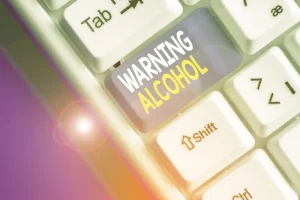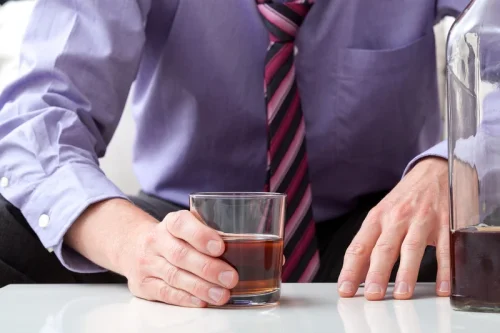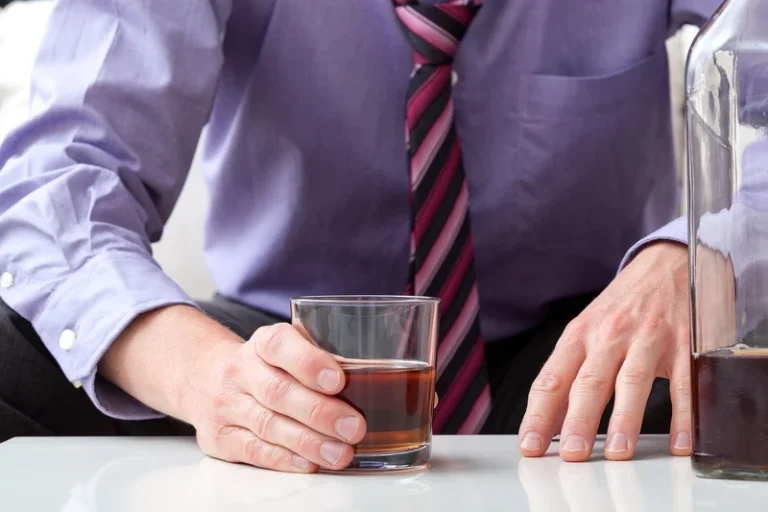
When coming off drugs or alcohol tapering is the best way to prevent severe withdrawal symptoms. Tapering is the act of gradually reducing alcohol use until completely abstinent. By creating a schedule to monitor your alcohol use you can see just how much of the substance you are drinking.

Track Your Alcohol Intake

Studies show that those who receive some type of formal treatment after detox are more likely to maintain sobriety8. Every month, 150,000 people search for addiction or mental health treatment on Recovery.com. Addressing these hurdles often Oxford House involves professional support, a personal support network and sometimes group recovery meetings. Planning ahead for these obstacles greatly increases your likelihood of success.
Step 2: Identify Your Triggers
These factors can make one person’s taper last longer than another person’s taper. Ria Health offers access to many of these tools, including prescription medications, recovery coaching, and online support groups—all through a HIPAA-compliant smartphone app. We support both moderation and abstinence as goals and, although we cannot provide medical detox remotely, we can help you design an effective tapering schedule to reduce your drinking. The main downside of cold turkey is how unpleasant and risky it can be. If you drink heavily, alcohol withdrawal symptoms can be harsh, dangerous, and even fatal.
Strategies For Tapering Off Alcohol
Usually, alcohol withdrawal symptoms occur within 12–24 hours after stopping alcohol and can last 2–10 days. Your doctor can determine if tapering alcohol is safe for your unique situation and help you create a plan to quit drinking alcohol. The amount of alcohol it takes to cause withdrawal symptoms can vary from person to person. For this reason, you should always talk to your doctor before attempting to quit drinking. It can help you reach goals and can minimize some of the unpleasant and severe symptoms of alcohol withdrawal.
Support Your Weight Loss And Ignite Your Metabolism With GNC
After figuring out how many drinks you usually consume, create a timetable that gradually lowers your intake each day. Gradually reducing alcohol consumption can be achieved through a substitution taper. This can involve switching to a different alcoholic beverage or replacing alcohol with a prescription drug, but the latter should only be done under the guidance of a medical professional. Dr. Streem says that if your goal is to stop drinking altogether, you’re more likely to have success quitting all at once, rather than weaning off alcohol.
Little scientific evidence exists regarding tapers, but medical detox has been proven to be a safe and effective way to quit drinking. The tapering down process can take place for the first several weeks or even months of the alcohol recovery timeline. There are many factors that can affect how long weaning off alcohol will take. Other people use medication-assisted treatment, which can help reduce alcohol cravings as you cut back. Lastly, engaging in alcohol therapy can also make a major difference in your healing journey. A therapist will work with you to create a personalized plan for cutting back and provide ongoing guidance and accountability.
What are the hardest days of sobriety?
If you’re a treatment provider and have a question, please reach out and someone from our Customer Success team will be in touch with you shortly. Recovery.com uses a standard procedure to make sure treatment provider profiles on our site are current and complete. We list any treatment center that meets our rehab criteria, giving you the best list of options possible when looking for treatment. “You may learn things about yourself and about your relationship to this substance that you never even thought about,” he adds. You can become conditioned to reach for a drink when your environment offers up certain cues. We all become conditioned to have certain responses to triggers throughout our lives.
Understanding the need for a gradual approach
The comprehensive approach outlined ensures that individuals have the tools, support, and knowledge they need to effectively diminish their dependency on alcohol. To wean off alcohol, it is important to implement a gradual reduction approach. This involves slowly decreasing your alcohol intake over time to allow your body to adjust and minimize withdrawal symptoms. This may involve reducing the number of drinks per day, limiting drinking to specific days of the week, or gradually decreasing the amount consumed during each drinking session.
- Implementing healthy coping mechanisms is essential to replace the role alcohol plays in an individual’s life.
- Alcohol is a central nervous system depressant that affects your brain.
- Whether you’re seeking help for yourself or a loved one, we’re here to guide you every step of the way.
- Quitting cold turkey means suddenly stopping all alcohol consumption.
Find Healthy Ways to Cope with Stress
Be patient and compassionate with yourself as you navigate this path. Celebrate each milestone, no matter how small, and seek help if needed. With dedication, perseverance, and support, you can successfully wean off alcohol and embark on a healthier and more fulfilling life. Having a strong support system is invaluable when weaning off alcohol. This can include friends, family, support groups, or professional counselors who understand your journey and can provide encouragement, accountability, and guidance along the way. Sharing your experiences, challenges, and achievements with others who have gone through similar struggles can provide a sense of connection and empowerment.
- Benzodiazepines are the most common medications physicians use to taper alcohol and reduce withdrawal symptoms.
- Metaphorically speaking, do you like to dip your toe in first, or cannonball right in?
- Always talk to a health provider before you attempt any sort of alcohol withdrawal plan.
- Patience, support, and professional assistance are the cornerstones of a successful alcohol tapering strategy.
- The duration of a taper depends on how gradually you reduce your drinking and your ability to stick to the plan.
What is Dilaudid Addiction?

Professionals can also monitor your progress, adjust treatment plans as needed, and offer a safe and confidential space for you to share your how to wean off of alcohol experiences and concerns. When done under medical supervision, tapering off alcohol has few downsides. However, tapering can sometimes be unsafe if you attempt to do so on your own without a doctor’s knowledge.
